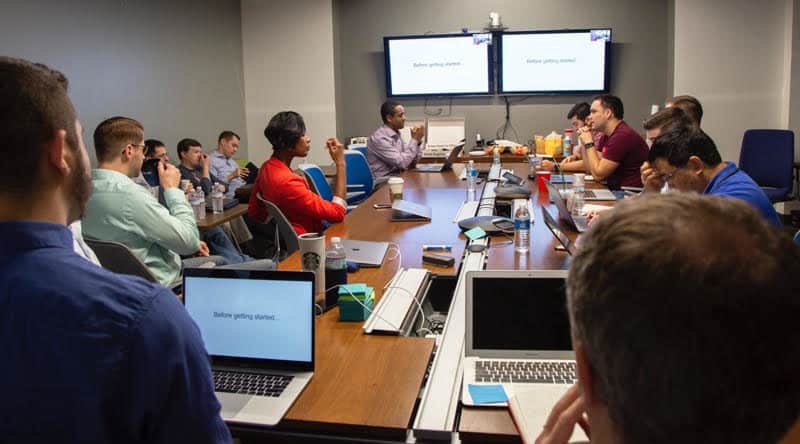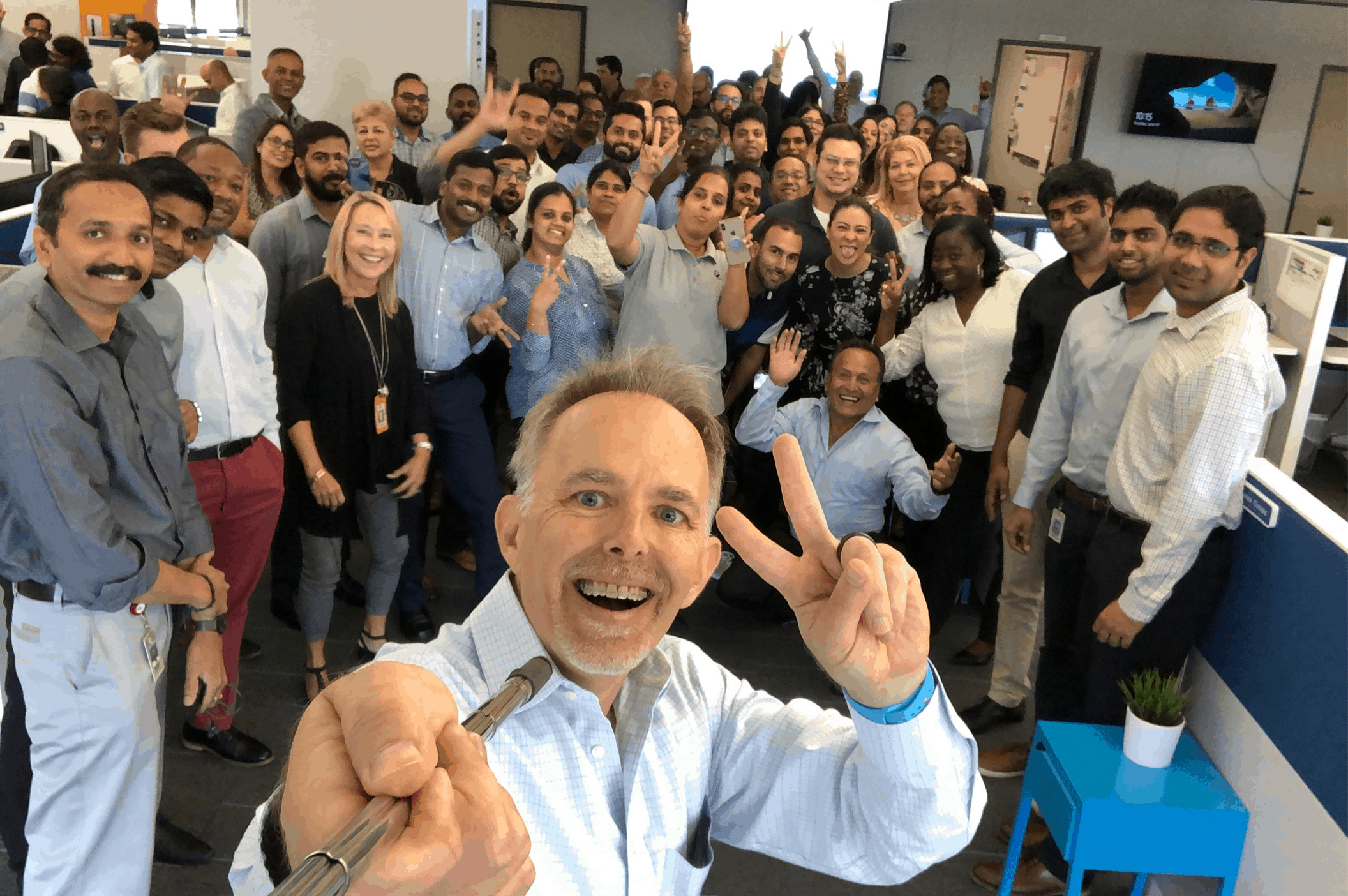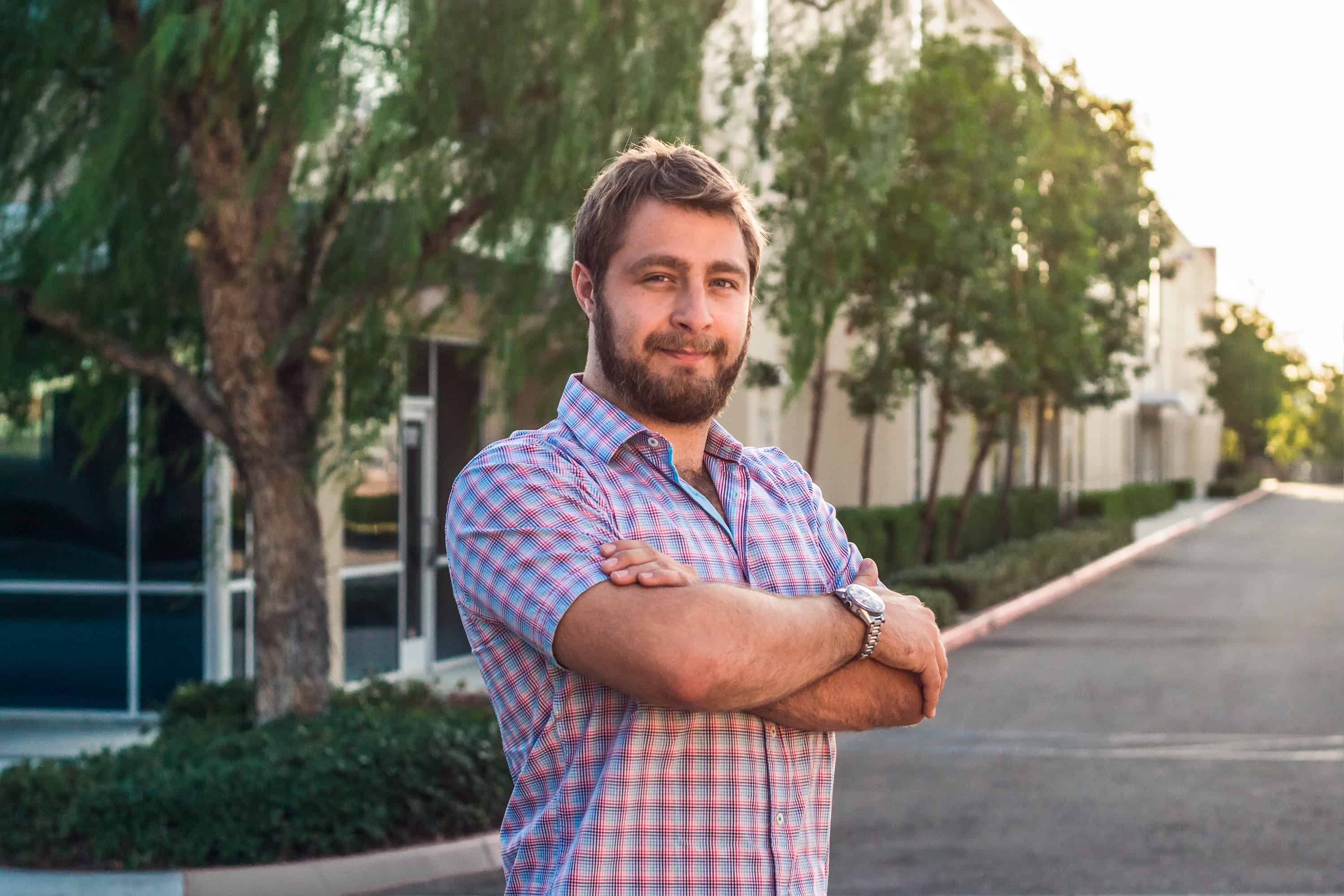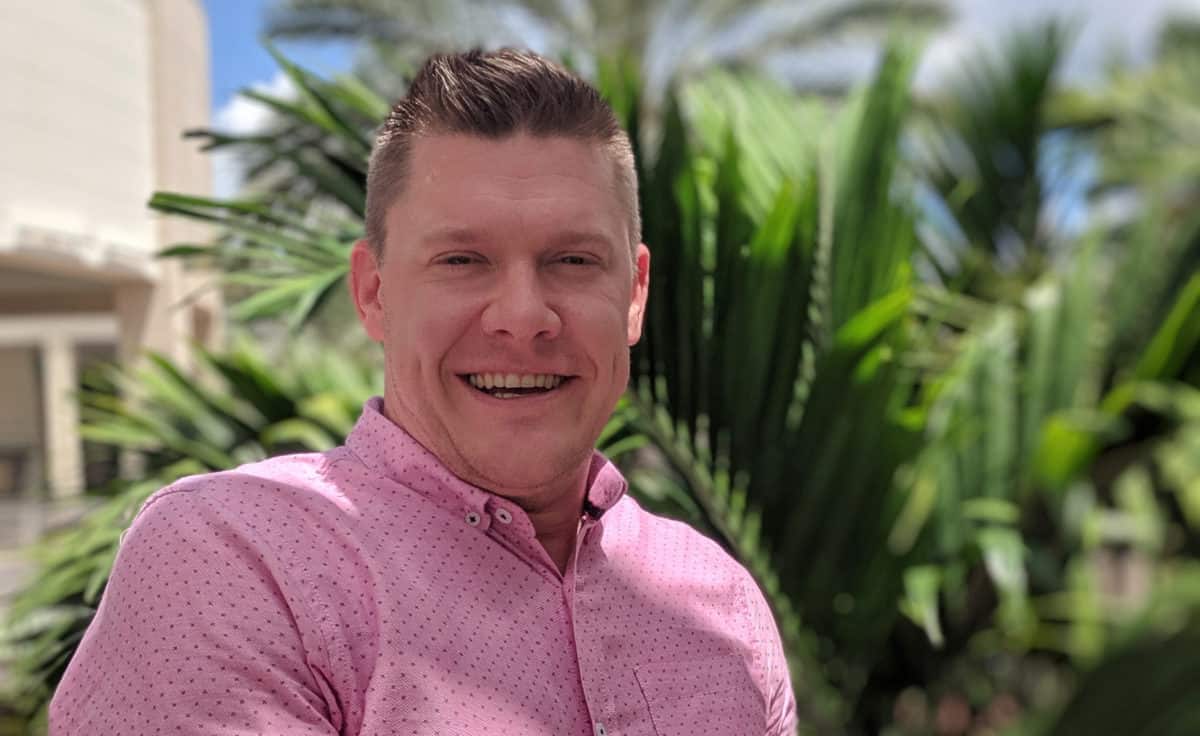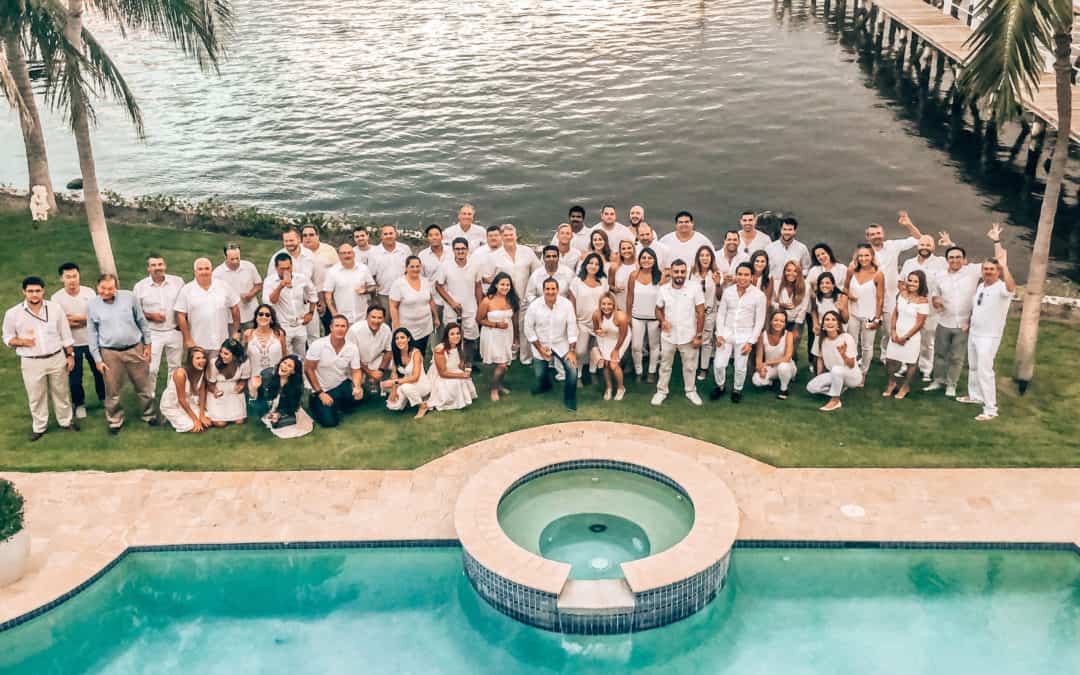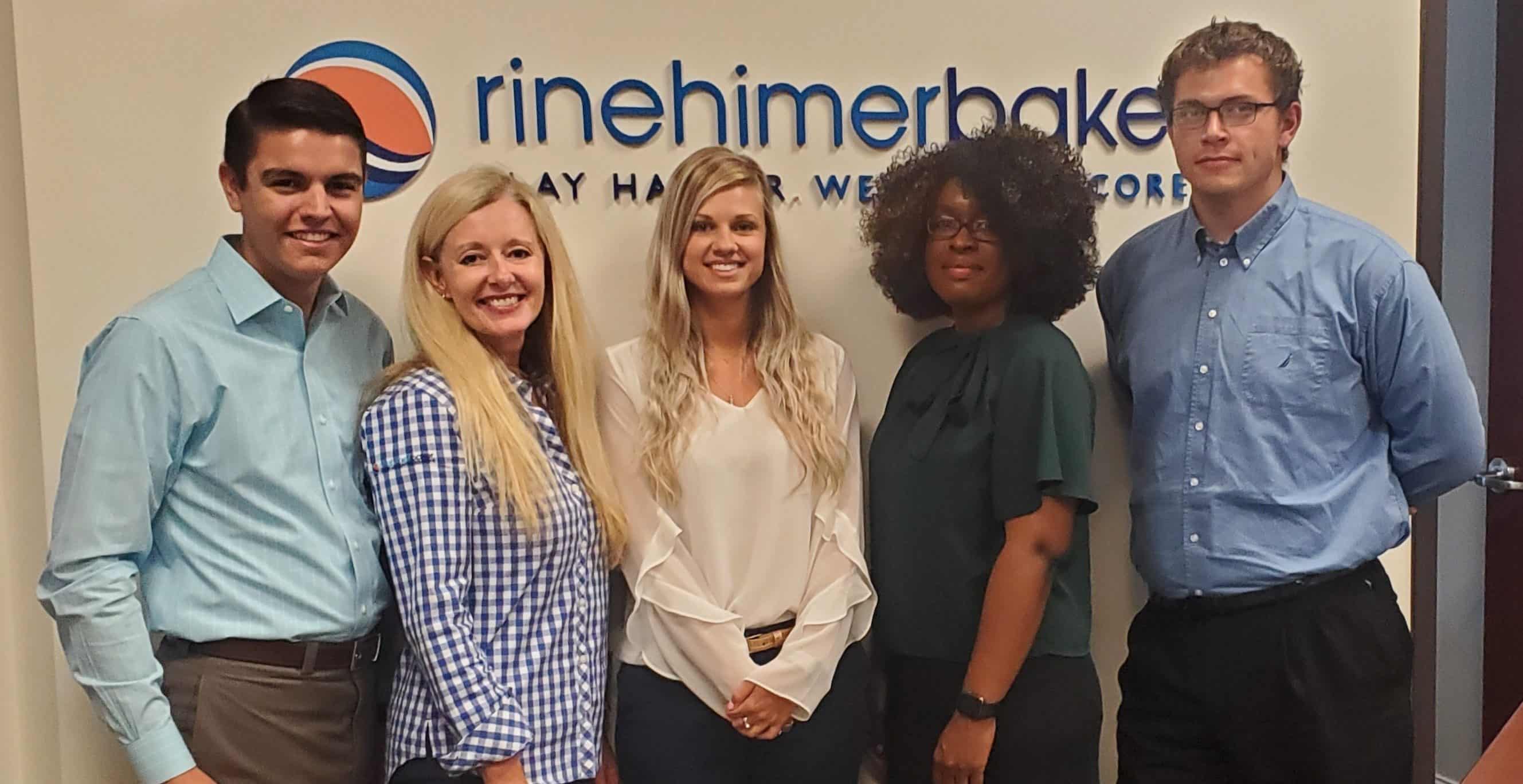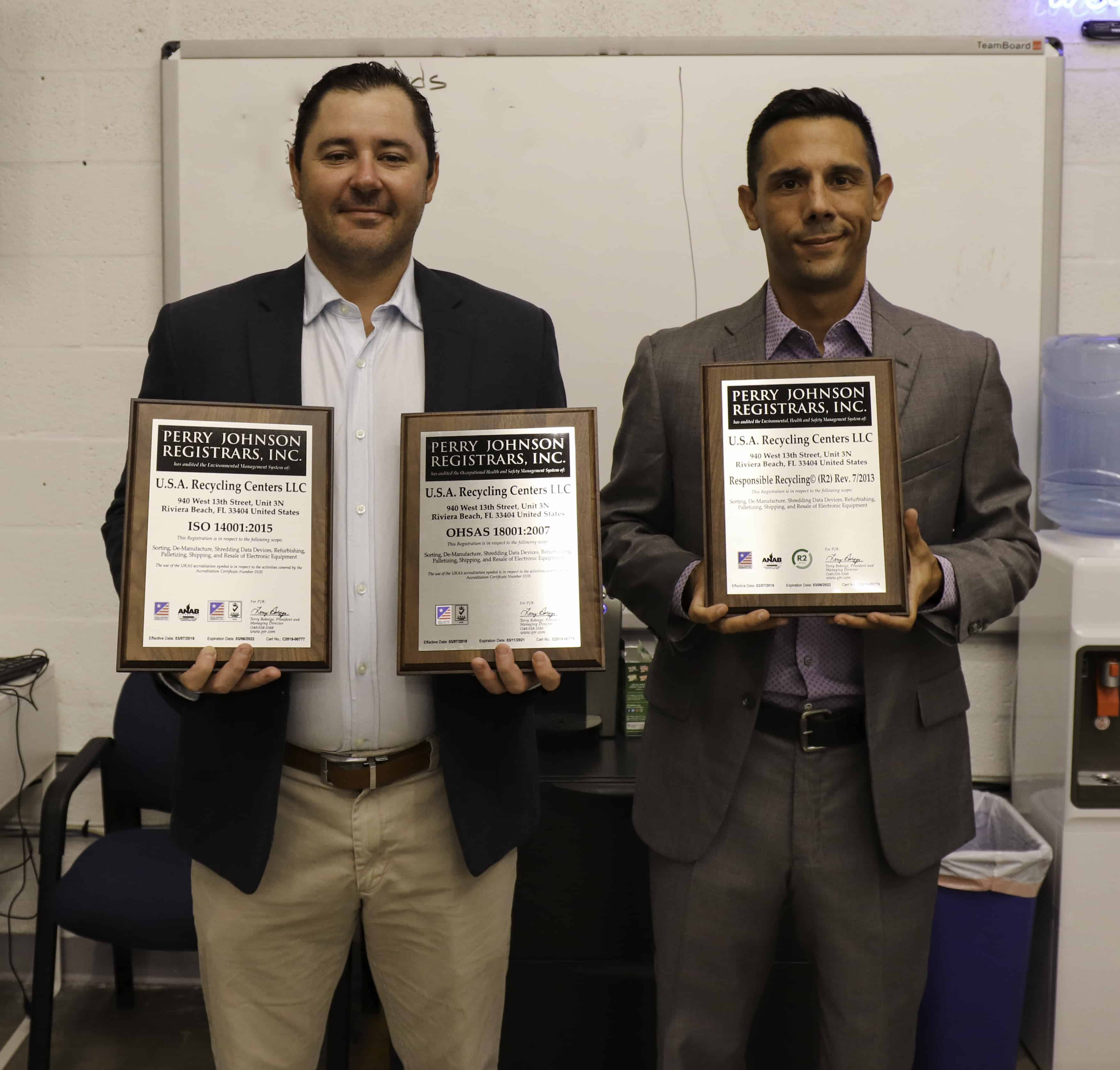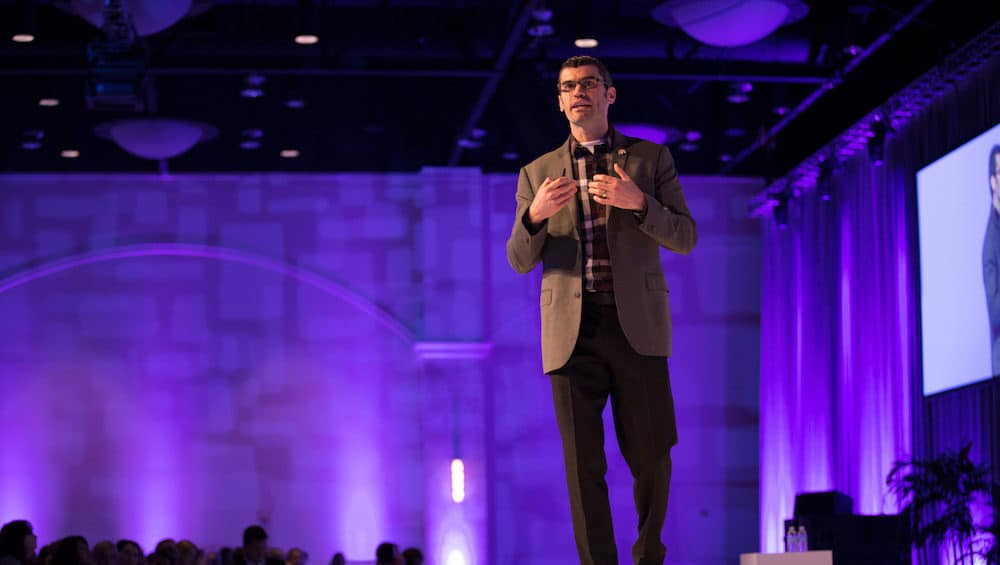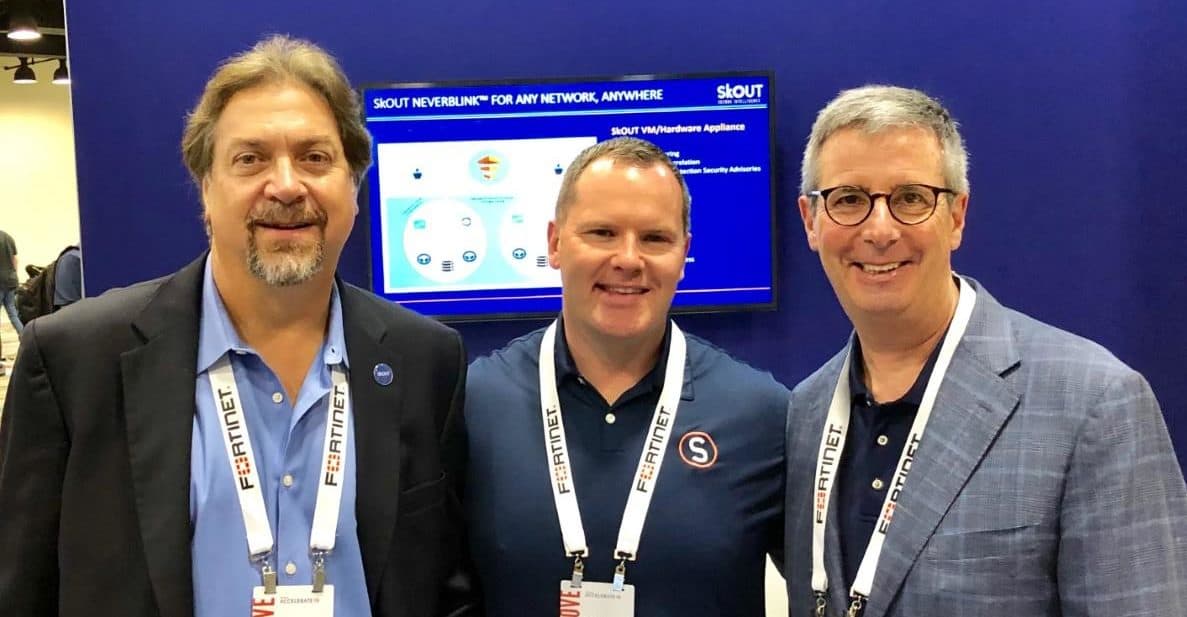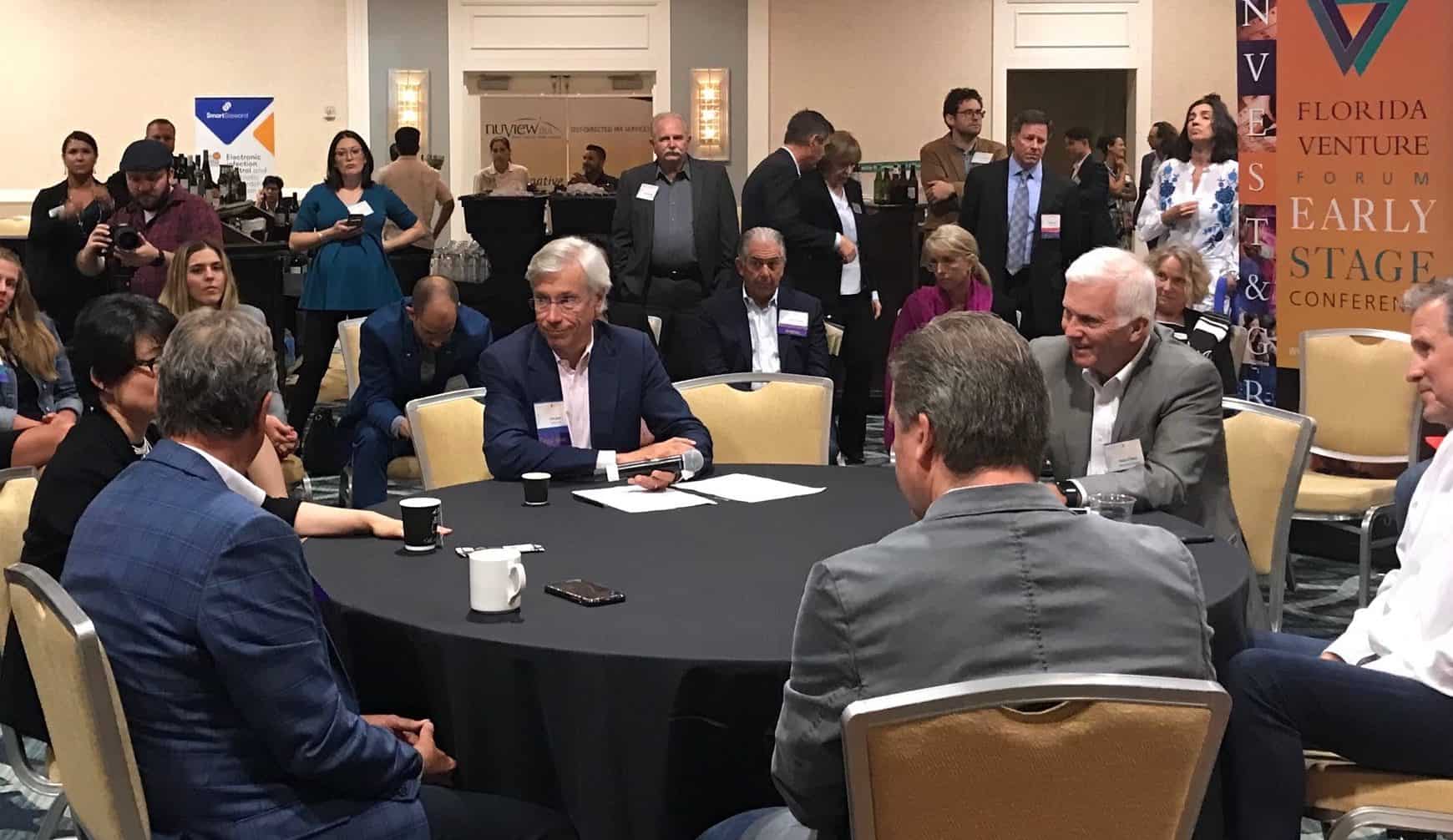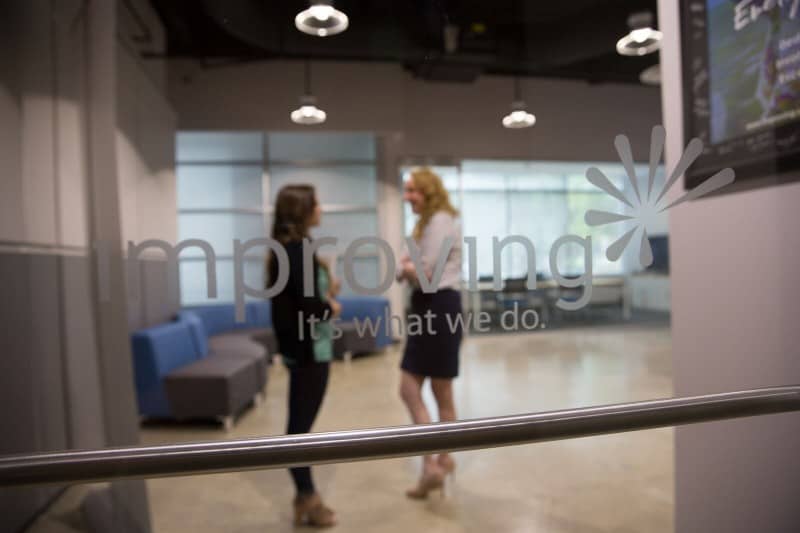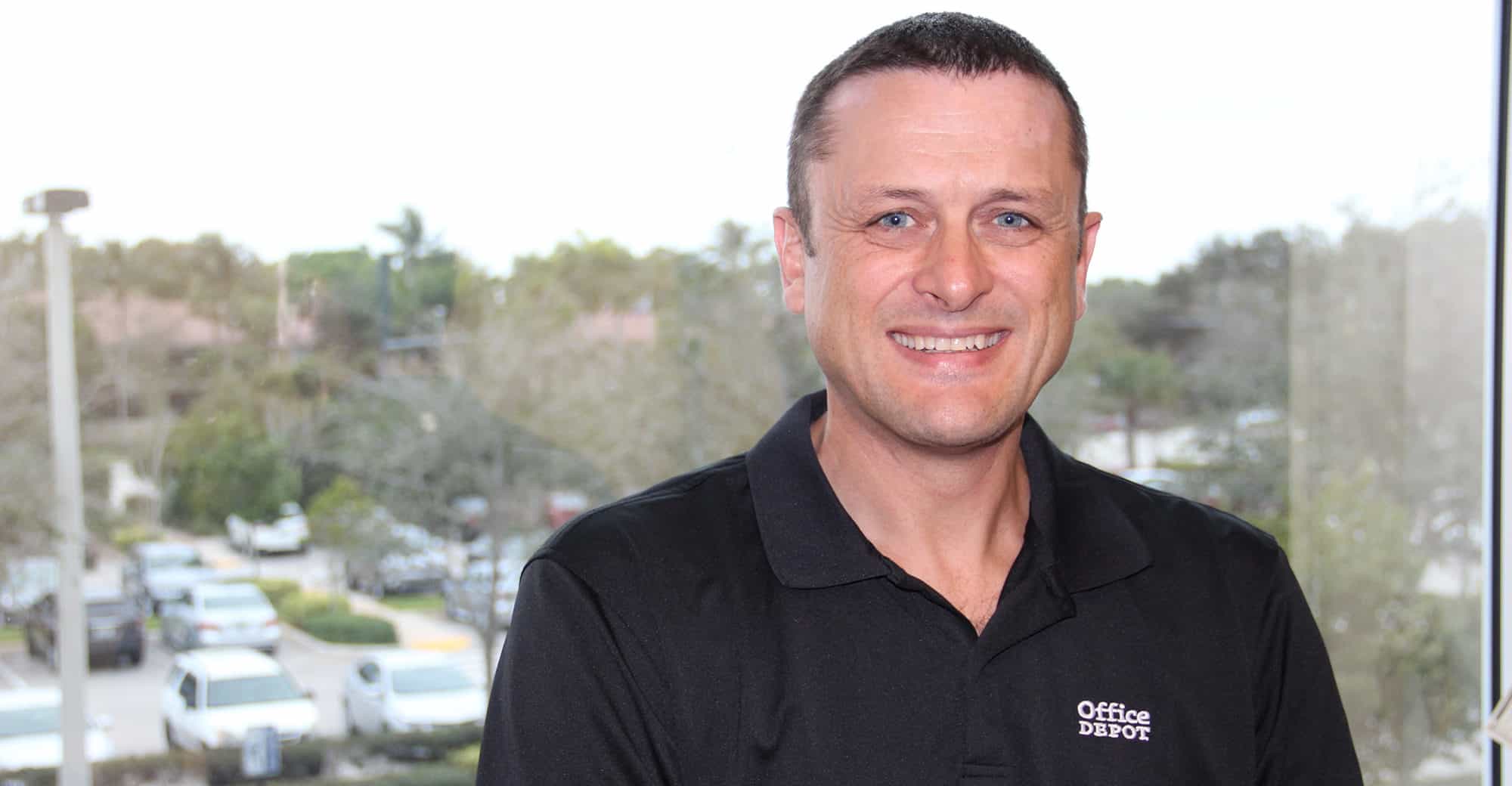Member Spotlight | Red Ventures & Bankrate.com
Read Time 4 MinutesBusiness: Bankrate.com is a leading online publisher, aggregator and distributor of personal finance content. It helps consumers find and compare rates on financial products like mortgages, credit cards, car loans, savings accounts, certificates of deposit, checking and ATM fees, home equity loans and banking fees.
Parent Company: Red Ventures (acquired Bankrate in 2017)
South Florida office: Palm Beach Gardens
No. of South Florida-based employees: about 50
No. on mortgage tech team: about 15
When engineers are willing to commute from Miami and Fort Lauderdale to Palm Beach Gardens to work at Bankrate.com, that’s a sign of a special culture.
April Gibson-Fulton, Software Engineering Director in Bankrate.com’s Palm Beach Gardens office, is proud of that. While she has worked to nourish a strong engineering culture, the tech industry veteran embraced the collaborative spirit as soon as she arrived about three years ago to lead the mortgage tech team.
“I really liked the fact that the business team and the tech team worked really well together. It wasn’t like we were the IT shop and it was a necessary evil. We were treated as equal partners and we worked really collaboratively. That was a big draw,” said Gibson-Fulton, who previously was a software development manager for Dycom.
In her role at Bankrate, Gibson-Fulton is responsible for working with product management and data teams to deliver solution to Bankrate.com that will help its advertisers – banks and lending institutions – generate more volume.
BANKRATE’S OWNERSHIP
Bankrate.com was acquired in 2017 by Charlotte-based Red Ventures, the largest technology-enabled platform for launching and growing sales & marketing businesses in the U.S. The Bankrate brand is a leading online publisher, aggregator and distributor of personal finance content that helps consumers find and compare rates on financial products like mortgages, credit cards, car loans and savings accounts. Bankrate also owns CreditCards.com, which was part of the acquisition.
Gibson-Fulton oversees a mortgage experience team, which focuses on the main rate tables on Bankrate.com and an integration team that sends leads to advertisers. In all, about 14 engineers report to her, she said.
“We run a scrum process, collaborating not only with engineers but we also work closely with our design team, product managers and data team. Data is something really big and I consider it to be a key differentiator from some of the other engineering organizations I have worked for. We are an outcome-driven organization as opposed to an output-driven organization. We look at a problem and figure out our hypothesis — what data do we need to collect to see if we are achieving that outcome — and then based on the data do we pivot or move forward on certain initiatives?”
Bankrate has moved from a click-based business to a leads-based business and is actually collecting more information about the consumer and that helps the advertiser, Gibson-Fulton said. It is also working on customized user journeys, which involve meeting consumers where they are at in the home-buying journey and providing the education, tools and workflows to support them.
THE ROLE OF CULTURE
Hiring has been a challenge at times, but culture is a huge draw and retainer, she says.
“I truly believe engineering is a team sport,” said Gibson-Fulton, who played basketball at alma mater Florida Atlantic University. “For me, everything is about teamwork. Our office manager every month recognizes birthdays and seasonal events and we have a very competitive ping pong table. It’s a thing. People will come from the New York or Charlotte office and there are full-blown competitions.”
How can companies nourish the company culture? Let’s talk to Gibson-Fulton about some of the things Bankrate as part of Red Ventures does:
- Bankrate created a culture where people feel safe. People have to feel comfortable bringing good news as well as bad news, she said.
- A collaborative spirit is also key. “It is about making sure everybody’s voice is heard, everybody has input and it’s valued. Everybody says that but it really happens here. “
- Continuous learning is key. Everyone has opportunities to grow and learn, from the most junior to the most senior person. “We have a strong mentoring culture, we do a lot of pair programing.” Bankrate also holds hackathons and tech summits during the year.
- Gibson-Fulton does one-on-ones weekly with her team, but she knows some people are uncomfortable voicing concerns there so she also sends out an anonymous happiness survey quarterly to see how people are feeling and what motivates them to keeps them coming to work. “Hands down it is our culture — we are a tight knit group of people,” said Gibson-Fulton, adding that the team socializes after work, attending each other’s hockey games and heading to dinner afterward.
In hiring, Gibson-Fulton looks for attitude and aptitude. Being a continuous learner is critically important with technology changing all the time, so she looks for candidates that would value participating in lunch and learns, fireside chats and lightning talks that Bankrate offers, as well as events and educational opportunities in the community.
“What we look for in candidates and in performance reviews stem from Red Ventures’ RAPID formula: result driver – accountable team player – passion – influential communicator – development driver.”
The company’s values are exemplified on the walls at the Palm Beach Gardens offices, with messages like “Everything’s in pencil,” “Running up escalators,” and “We believe in leaving the wood pile higher.”

